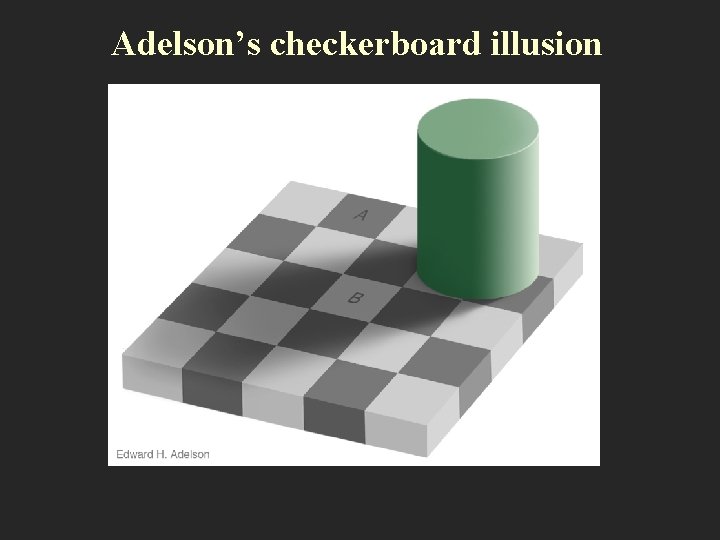"Simplistic" does not mean "simple". It's not about the length of someones piece or how "complicated" it is.
Read the OP and respond to what it says. Or this is just going to end up being whataboutism.
You keep saying that, firedragon, to read your OP, and I have read your OP from the beginning.
My first reply was about Everest, which you have brought up several times (including at the OP). You had assumed there was only one way to measure its height, but as you know there are more than one way it can be measured.
Factual information (also called "data") are evidence that can be observed and measured, understanding the physical properties, etc, these information are objective, because they are independent of human's opinions, preferences, biases, belief, etc, which are subjective.
But some of your claims (at the OP), I would have to disagree.
Like...
Philosophers predominantly have favoured objective truth's although there were philosophers who proposed relative truths like Protagoras. Yet, generally philosophers believe that "What is true is true for all of us, full stop, whether or not we are aware of it". Even atheists.
I definitely have to disagree philosophers "predominantly have favoured objective truth's".
Most of the philosophies have nothing to do with being "logical" or "scientific" or even being "objective". I would say there are more philosophies that are "subjective" than they are "objective" philosophies.
Plus, you speak of philosophy as if they have all the answers. I don't think so. Philosophers are humans, therefore they can make mistakes, and they can be biased.
And you brought up some examples, but each ones were examples of opinions. Whether those opinions are true or not, your examples were lacking in details, so we don't know if they were true or not.

